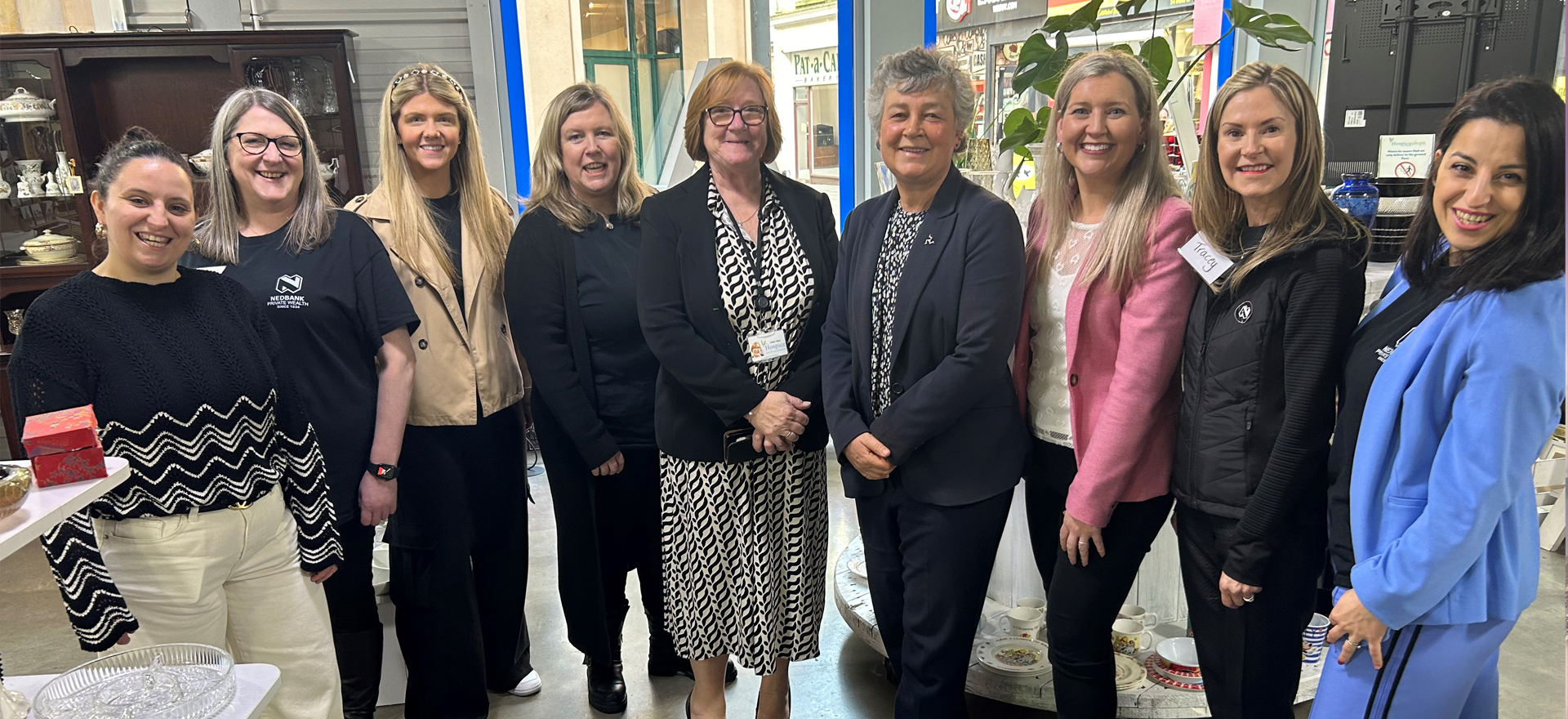

Home
Latest News
Latest news
Catch up with the latest news and insights from our in-house specialists below.
Filter by
Sign up for our updates
Stay up to date with the latest news, insights, and opinions from Nedbank Private Wealth by signing up to our newsletter. You can also register to be invited to our virtual events and hear directly from a wide range of experts. Sign up below. You can unsubscribe at any time.










